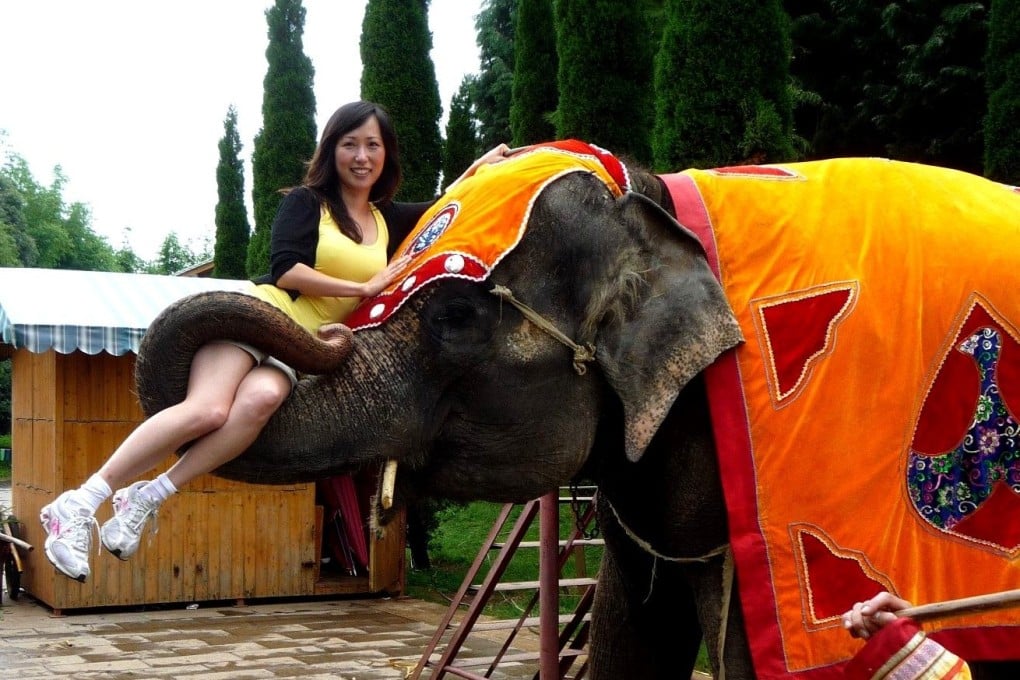Advertisement
From a notorious Chinese red-light district to a girl chained like a dog: how author’s probe into sex slavery in Asia helped her come to terms with her Korean identity
- In ‘A Long Road to Justice’, author Sylvia Yu Friedman takes the reader on a journey through her decades-long investigation into Asia’s human trafficking underworld
- From run-ins with sinister mamasans to children sold as brides, what she saw forced her to confront the ‘generational trauma in me and just about every Korean and Chinese’
Reading Time:8 minutes
Why you can trust SCMP
9

On a cold winter’s night in January 2013, Sylvia Yu Friedman drove an hour out of Kunming, China, to a small, dim-lit market in Yunnan province, on the border of Myanmar, Laos and Vietnam.
She and two other women were there with a mission: to film inside one of the most notorious red light districts in southern China, one which sources had told her was home to hundreds of young women – some of whom were as young as 16 years old – who had been trafficked from neighbouring countries.
At about 10pm on a weekend, she walked through the market with a camera hidden in the shoulder strap of her backpack and mobile phone in hand. Her counterparts didn’t follow.
Advertisement
Yu Friedman walked fast and her heart beat even faster. Although she had spent barely a few minutes down the narrow dead end of the market, her presence had caught the eye of the local heavies.
Just as she hopped into the car, two mamasans and three young men appeared out of nowhere and surrounded their vehicle, demanding they get out and hand over their phones.
Advertisement
“They told us, ‘we know you took photos and you’re posting them on Weibo. Get out of the car’,” Yu Friedman recalls.
“At the moment I thought I was dead … I really thought my life was over.”
Advertisement
Select Voice
Select Speed
1.00x